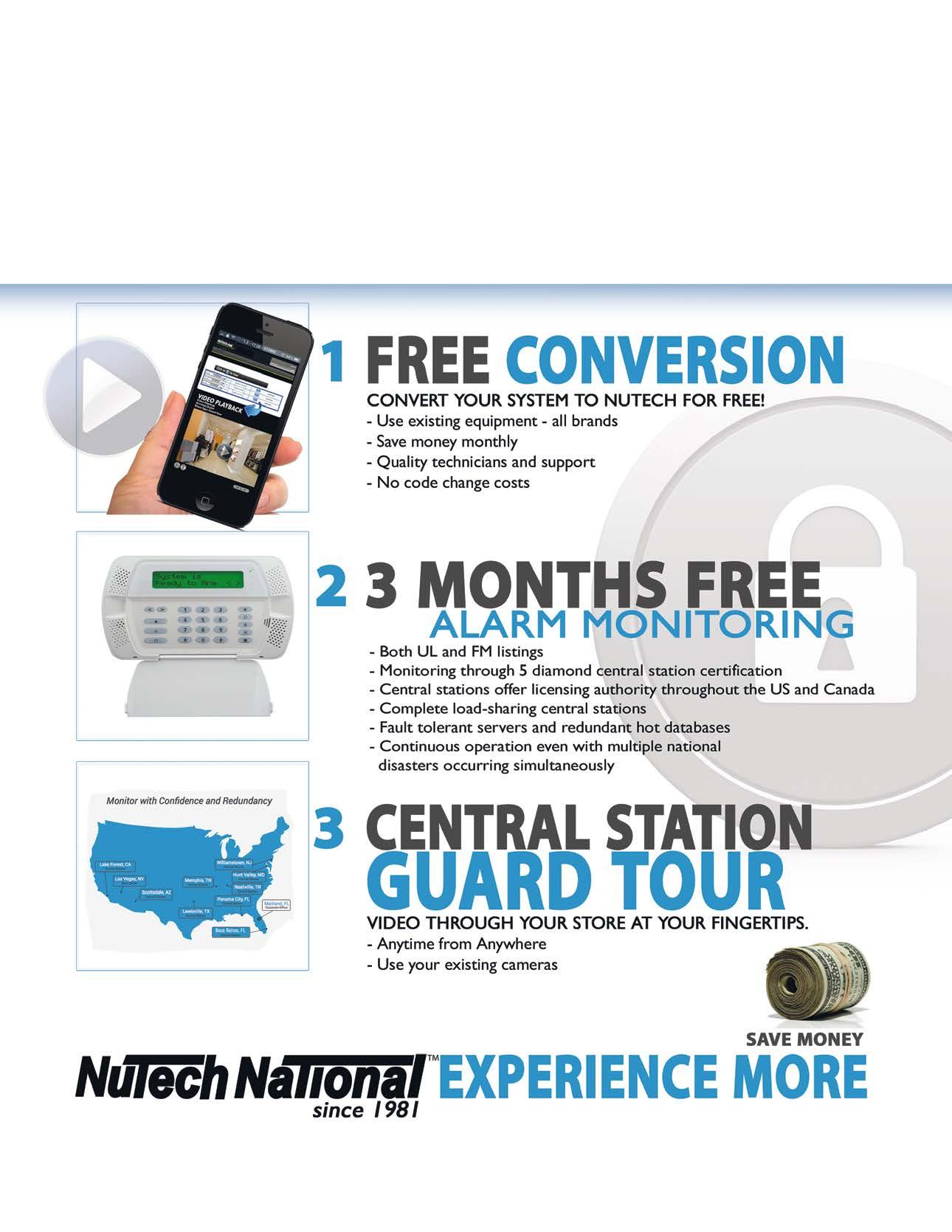DIGITAL DIALOGUE By Jacque Brittain, LPC Brittain is editorial director, digital, for LP Magazine. Formerly a director of learning design and certification, Brittain managed the development of the LPC and LPQ certification programs in collaboration with the Loss Prevention Foundation. Prior to that he was vice president of operations for the industry’s largest executive search and consulting firm. In his thirty-plus years in the LP industry, he has helped build and enhance many learning initiatives and provided career counseling for thousands of industry professionals. Brittain can be reached at jacb@lpportal.com or by phone at 704-246-3143.
Something Given, Something Earned, Something Lost
R
espect is a word that carries powerful messages. It is something that we look for and expect from others. It is something that is both given and received. Depending on our frame of reference, we may see this as something that is established over time. Respect can be viewed as something that has to be earned. It is also something that can be lost. As professionals there are many different ways that respect can become part of our discussions. There is the respect that we share with our coworkers and counterparts. There is the respect that we share with our supervisors and subordinates. There is the respect that we share with our business partners and solution providers. There is the respect that we have for our companies, our departments, and all of the many resources that help us to perform our jobs. But because respect has so many different ways that it can be applied in our lives, occasionally lines are crossed, messages are blurred, and meanings are lost.
Even the most hardened individuals should be managed with every reasonable effort made to leave their dignity intact. It’s not our place to impart our personal moral character upon others. It’s not our responsibility to pass judgment or pass sentences. For example, we’ve all heard the introduction “with all due respect” as a prelude to a conversation. Most often it is a sincere and reverent means to address a difficult or delicate subject or discussion. But occasionally we will still come across those that will attempt to hide behind “with all due respect” in a poorly veiled attempt to mask the true implication: “With little or no respect whatsoever, I’m going to share with you this message or insult.” Most of the time it’s easy to distinguish one from the other—often due to the character of the specific individual using the words—but as a result, there are other circumstances when we are left questioning the true motive.
52
MARCH - APRIL 2015
Another important distinction may occur between an individual and a job or role. For example, we may respect a particular position, but not hold much respect for a particular individual holding that position due to a specific or general flaw in their attitude or character. However, a particularly difficult differentiation of respect for many loss prevention professionals can occur when attempting to separate individuals’ actions from the individuals themselves. Many learn to separate one from the next, especially with time and experience. But for others, the distinction is much more challenging.
The Dilemma
For those of us who deal with theft and crime on a consistent basis, we regularly experience the bad decisions and poor behavior of the criminal element. We are often in close contact with individuals who have shameless attitudes and corrupt intentions. We occasionally see those who will do whatever it takes to get what they want, even if it means hurting or even killing others in the process. We see the outcomes that result from theft, fraud, and other criminal behavior, and it leaves an indelible impression on us. We despise these acts because of the consequences. We see the stupidity of the actions. We deal with the aftermath and emotional scars that follow a robbery or assault. We’ve seen how all of this can destroy lives and ruin companies. We’ve seen people when they’re at their worst. They lie and yell and cry and fight and insult—whatever they think it might take to get out of the situation that they’ve put themselves in, and all of this is most often at our expense. This has the potential to build heavy calluses. When we are dealing with theft, we see a thief. When we’re in the moment, it remains our priority. Our concern is taking appropriate action based on the incident at hand. We have a professional responsibility to deal with the situation and resolve the matter based on our company policies and practices. We follow the necessary guidelines and move toward resolution. However, we must be especially careful when these behaviors threaten to stoke animosity. This can lead to bad judgment and poor decisions on our part and can ultimately bring about regretful outcomes.
Acknowledging the Separation
What we always have to keep in mind is the difference between the act and the individual. We have to keep in perspective that, in most cases, we are seeing individuals at their continued on page 54 |
LPPORTAL.COM









